Making an Impact: How the NIH HEAL Initiative’s Research is Finding Solutions to the Opioid Crisis
Thu, 2/23/2023 - 10:15am - 11:45am
Location and Host
U.S. Capitol Visitor Center (CVC) Room 268
Hosted by the Bipartisan Addiction and Mental Health Task Force
Overview
The opioid and overdose crisis continues to devastate our nation. In 2021, nearly 107,000 Americans lost their lives to drug overdoses. More than 80,000 of those were from opioids, including highly potent synthetic opioids like fentanyl. With support from Congress, the Helping to End Addiction Long-term® Initiative, or NIH HEAL Initiative®, was launched in 2018 as an aggressive research effort that combines the power of science and community to address the twin challenges of undertreated pain and opioid misuse and addiction. NIH has invested more than $2.5 billion to fund more than 1,000 projects in all 50 states. HEAL research is already producing promising results with direct implications for policy and practice. Join the NIH HEAL Initiative for a 90-minute informational briefing hosted by the Bipartisan Addiction and Mental Health Task Force to learn about HEAL research progress and how that translates into real solutions for the millions of Americans and communities impacted by this public health crisis.
Topics Covered
- Discuss the scope of HEAL research solutions to addressing the pain and opioid crises.
- Discover how researchers and communities are working together to find meaningful scientific solutions that can inform policy decisions, public health programs, and clinical practice.
- Hear directly from scientists who will share how their cutting-edge research is offering hope to end addiction long-term.
10:15 AM
Welcome
Bipartisan Addiction and Mental Health Task Force
10:20 AM
HEAL Research: Scientific Advances to Stem the Opioid Crisis
Dr. Rebecca Baker, Director, NIH HEAL Initiative
10:30 AM
How HEAL is Addressing the Opioid and Overdose Crisis
Dr. Nora Volkow, Director, National Institute on Drug Abuse
10:40 AM
How HEAL is Targeting Pain Underlying the Opioid Crisis
Dr. Walter Koroshetz, Director, National Institute of Neurological Disorders and Stroke
HEAL Research Underway
10:50 AM
Novel Devices to Address Untreated Pain
Dr. Nader Pouratian, Professor and Chair of Neurological Surgery, University of Texas Southwestern Medical Center
11:00 AM
Innovation in Therapeutics to Address Opioid Use Disorder
Dr. Marco Pravetoni, Professor of Psychiatry and Behavioral Sciences, Director, Center for Medication Development, University of Washington School of Medicine
11:10 AM
How HEAL Is Enhancing Outcomes for Infants Exposed to Opioids
Dr. Diana Bianchi, Director, Eunice Kennedy Shriver National Institute of Child Health and Human Development
Dr. Matthew Gillman, Director, NIH Environmental influences on Child Health Outcomes (ECHO) Program
11:15 AM
Addressing Opioid Exposure in Infants
Dr. Leslie Young, Associate Professor, University of Vermont Larner College of Medicine
Dr. Lori Devlin, Professor, University of Louisville
11:25 AM
Questions + Answers
Facilitator: Dr. Rebecca Baker, Director, NIH HEAL Initiative
11:40 AM
Closing Remarks
Bipartisan Addiction and Mental Health Task Force
Dr. Rebecca Baker, Director, NIH HEAL Initiative
Speaker Bios
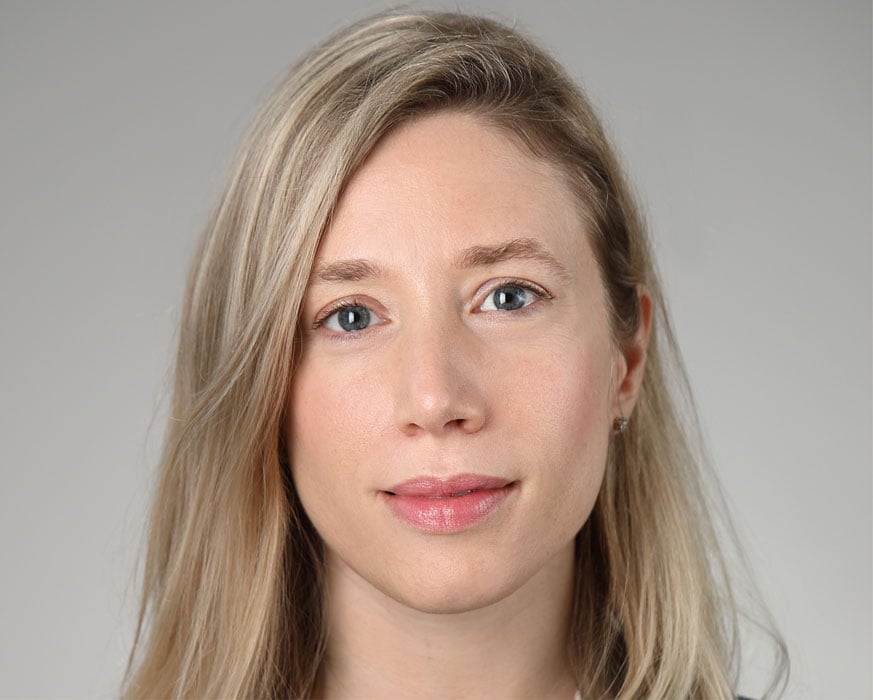
Rebecca G. Baker, Ph.D., is the Director of the Helping to End Addiction Long-term® Initiative, or NIH HEAL Initiative®, in the Office of the Director, NIH. Dr. Baker leads coordination of this trans-NIH initiative, managing the Office of the NIH HEAL Initiative, working closely with NIH Institutes and Centers involved with HEAL, and overseeing management of HEAL’s governance committees. Dr. Baker provides expert advice to and represents the NIH Director on HEAL-related activities, including interagency efforts in pain and opioid research and policy.
Prior to holding this position, Dr. Baker worked on various complex biomedical research policy issues affecting NIH and helped develop various new science and policy initiatives. She worked as a postdoctoral scientist using next-generation DNA sequencing to identify novel disease-causing genes in patients with rare immunological diseases. She earned her Ph.D. from the University of Pennsylvania and her bachelor's degree from Cornell University.

Nora D. Volkow, M.D., is Director of the National Institute on Drug Abuse (NIDA) at NIH. NIDA is the world’s largest funder of research on the health aspects of drug use and addiction. Dr. Volkow’s work has been instrumental in demonstrating that drug addiction is a brain disorder.
As a research psychiatrist, Dr. Volkow pioneered the use of brain imaging to investigate how substance use affects brain functions. In particular, her studies have documented that changes in the dopamine system affect the functions of frontal brain regions involved with reward and self-control in addiction. She has also made important contributions to the neurobiology of obesity, attention-deficit/hyperactivity disorder, and aging.

Walter Koroshetz, M.D., is the Director of the National Institute of Neurological Disorders and Stroke (NINDS). He works to advance the mission of the Institute, to improve fundamental knowledge about the brain and the nervous system, and to use that knowledge to reduce the burden of neurological disorders. He joined NINDS as the Deputy Director in 2007.
Before coming to NIH, Dr. Koroshetz was a Harvard Professor of Neurology, Vice Chair of Neurology at the Massachusetts General Hospital (MGH), Director of Stroke and Neurointensive Care, and a member of the MGH Movement Disorders Clinic. He co-leads with Dr. Gary Gibbons (National Heart, Lung, and Blood Institute) the NIH RECOVER Initiative focused on understanding and treating the Post-Acute Sequelae of COVID-19.
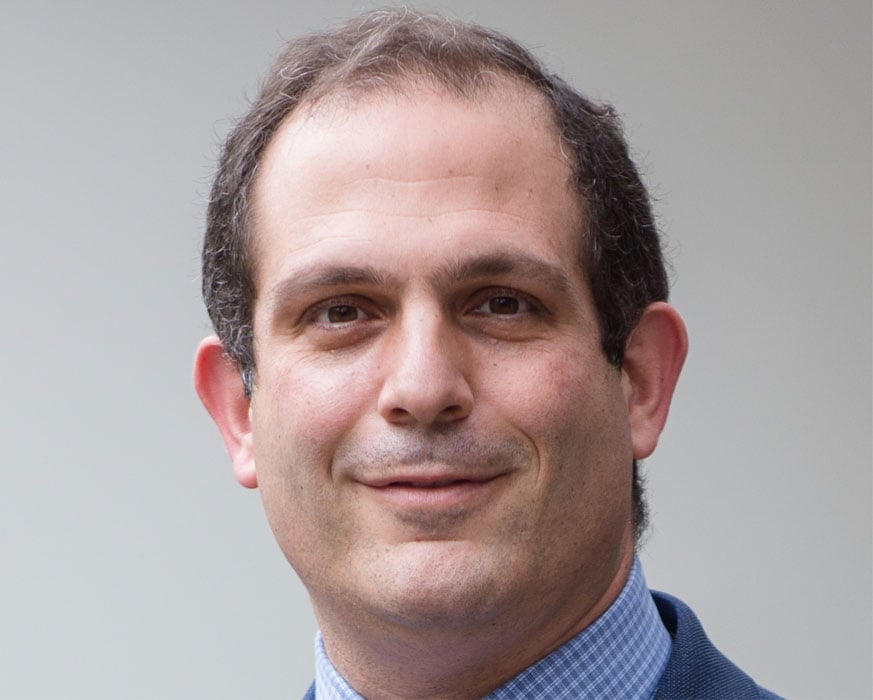
Nader Pouratian, M.D., Ph.D., is Professor and Chair of Neurological Surgery at UT Southwestern Medical Center. In his clinical practice, he uses advanced neurotechnologies to improve brain and spine function for neurological and psychiatric disease, including Parkinson’s, tremor, pain, depression, obsessive compulsive disorder, and blindness.
His research aims to understand brain diseases and to develop targeted biological therapies. Through his work, Dr. Pouratian takes advantage of unparalleled opportunities presented by neurosurgery to study human brain function and design novel neurotechnologies. His work is supported by several NIH grants, including the NIH HEAL Initiative. He earned his M.D. and Ph.D. degrees at the University of California, Los Angeles, before completing neurosurgical and subspecialty training at the University of Virginia.
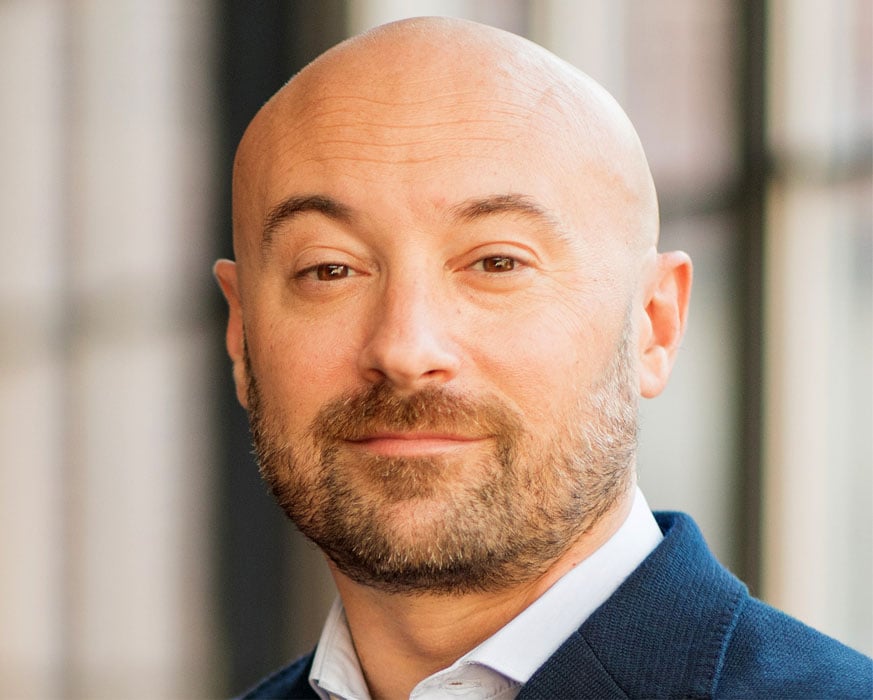
Marco Pravetoni, Ph.D., is an Endowed Professor of Psychiatry and Behavioral Sciences, and Director of a Center for Medication Development for Substance Use Disorders and Overdose at the University of Washington School of Medicine in Seattle. His multi-site research program focuses on the development and translation of vaccines, monoclonal antibodies, and pharmacotherapies to treat opioid use disorders and reduce fatal overdoses; mechanisms and biomarkers of treatment efficacy; new strategies or technologies to enhance treatment efficacy against substance use disorder (SUD); and application of these concepts to other biological or chemical threats. His team is leading IND-enabling studies and clinical trials of vaccines and monoclonal antibodies against a variety of opioids.
Dr. Pravetoni has received numerous NIH awards and research contracts to develop novel medical interventions for SUD and overdose. He is an ad hoc reviewer for NIH and other funding agencies in the United States, Canada, and Europe. Dr. Pravetoni currently sits on the Board of Directors for the College on Problems on Drug Dependence. In 2008, Dr. Pravetoni earned a Ph.D. in Pharmacology at the University of Minnesota Medical School in Minneapolis, MN, where he also completed his post-doctoral training (2008-2011).

Diana W. Bianchi, M.D., is the Director of the Eunice Kennedy Shriver National Institute of Child Health and Human Development (NICHD), overseeing an annual budget of approximately $1.6 billion supporting NICHD’s mission to lead research and training to understand human development, improve reproductive health, enhance the lives of children and adolescents, and optimize abilities for all. Dr. Bianchi received her M.D. from Stanford University School of Medicine and her postgraduate training in Pediatrics, Medical Genetics, and Neonatal-Perinatal Medicine at Boston Children’s Hospital and Harvard Medical School. Dr. Bianchi’s research focuses on prenatal genomics with the goal of advancing noninvasive prenatal DNA screening and diagnosis to develop new therapies for genetic disorders that can be administered prenatally.
She is a member of the National Academy of Medicine and a past president of the Perinatal Research Society and the International Society for Prenatal Diagnosis. Dr. Bianchi has received multiple awards, including the American Academy of Pediatrics’ Neonatal Landmark Award (2015), the Society for Pediatric Research’s Maureen Andrew Award for Mentorship (2016), and the March of Dimes’ Colonel Harland Sanders Award for lifetime achievement in Medical Genetics (2017). In 2020, she received the Society for Women’s Health Research’s Health Public Service Visionary Award. Dr. Bianchi was a finalist for the Samuel J. Heyman Service to America Medals in 2022.
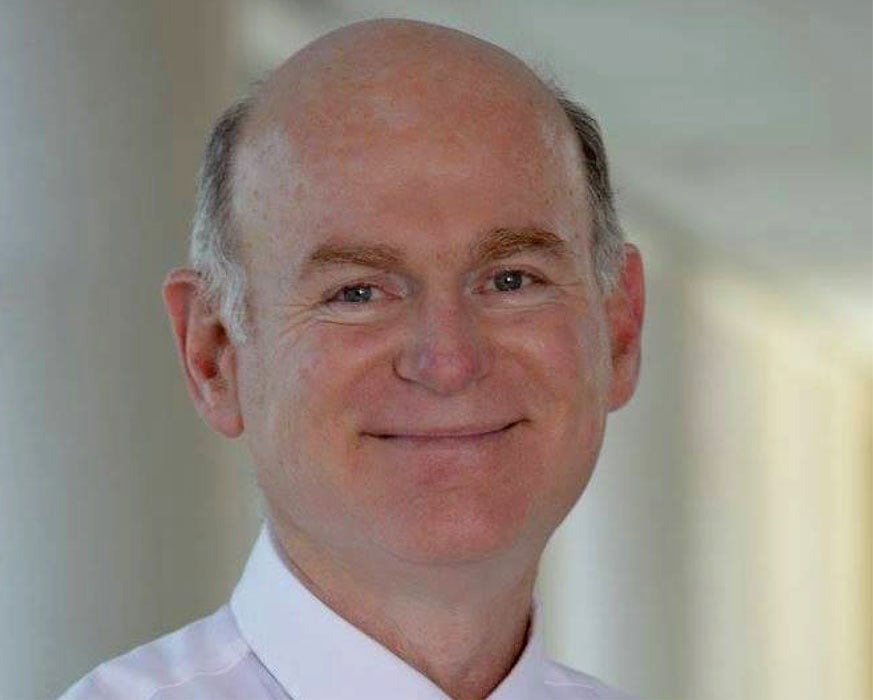
Matthew W. Gillman, M.D, S.M., joined NIH in 2016 as the inaugural Director of the Environmental influences on Child Health Outcomes Program in the Office of the Director, NIH. He joined NIH from Harvard Medical School where he was a Professor of Population Medicine; he was also Professor of Nutrition at Harvard School of Public Health. Dr. Gillman has a background in the fields of epidemiology, pediatrics, and internal medicine. He came to NIH with experience in leading or collaborating on cohort studies and clinical trials.
Dr. Gillman received a bachelor’s degree from Harvard College, earned a medical degree from Duke University, completed a med/peds residency at North Carolina Memorial Hospital, and received a master’s degree in epidemiology from Harvard School of Public Health.
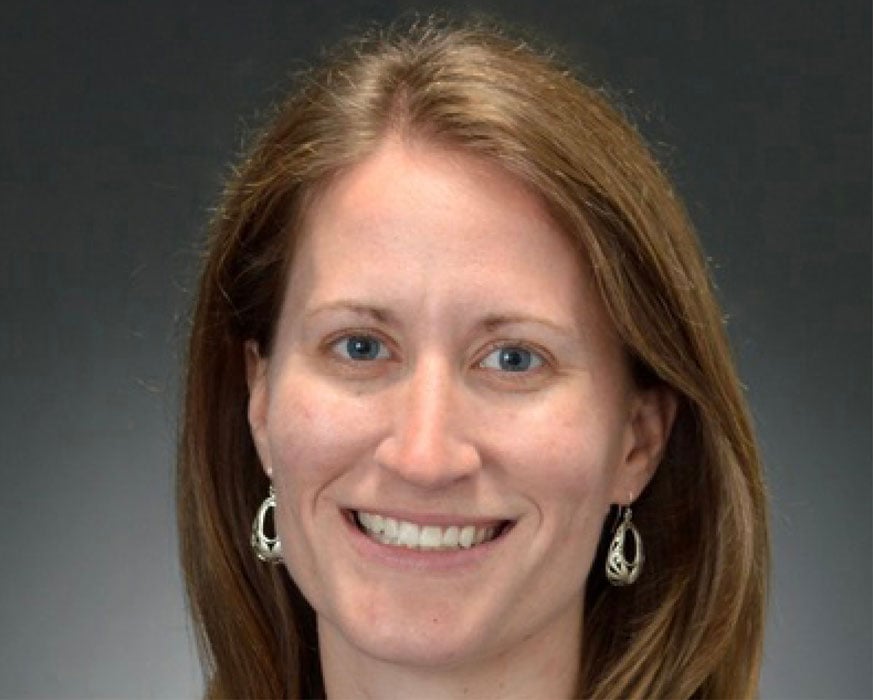
Dr. Leslie Young, M.D., is a practicing neonatologist at the University of Vermont Children’s Hospital and an Associate Professor of Pediatrics in the Division of Neonatal-Perinatal Medicine at the Larner College of Medicine (University of Vermont). Dr. Young's research is currently focused on optimizing the care provided to infants with in-utero opioid exposure following delivery and on improving long-term outcomes for these infants and their families. Dr. Young is involved in numerous research programs sponsored by the NIH HEAL Initiative, including the Advancing Clinical Trials in Neonatal Opioid Withdrawal Collaborative, HEALthy Brain and Child Development Study, HEAL Evaluation of Limited Pharmacotherapies for Neonatal Opioid Withdrawal Consortium, and the Optimizing Pharmacologic Treatment for Neonatal Opioid Withdrawal Study.
As a principal investigator for Improving Pediatric Access to Clinical Trials in Vermont, Vermont’s IDeA States Pediatric Clinical Trials Network (ISPCTN) site, Dr. Young works to increase the representation of rural and underserved population in clinical trials. Dr. Young also serves as an elected member of the ISPCTN Leadership Committee, helping to support network program development. She earned her medical degree and completed residency at the University of Vermont.
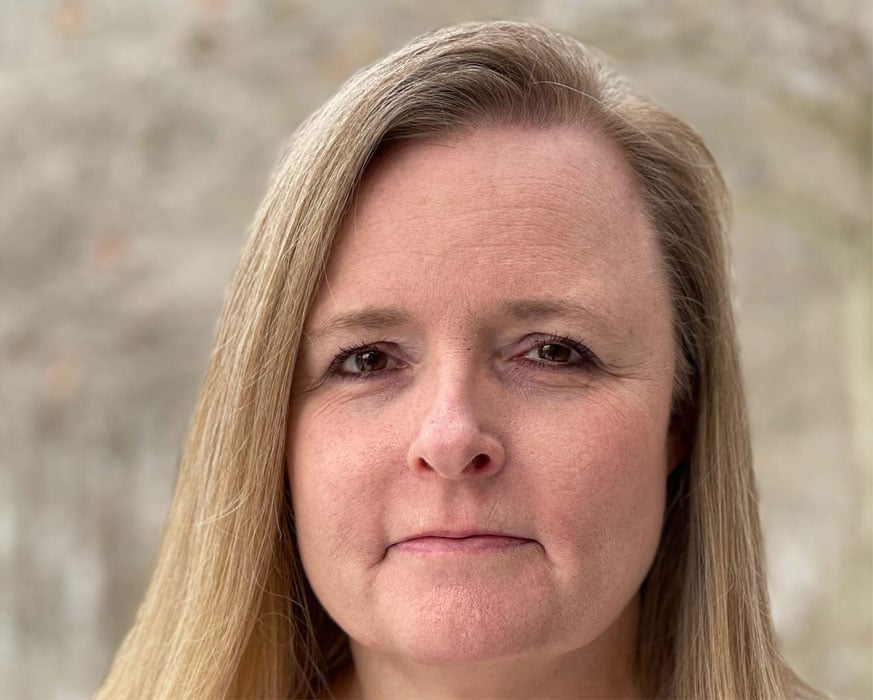
Lori Devlin, D.O., is a practicing neonatologist and Professor of Pediatrics at the University of Louisville. Her research focuses on neonatal drug exposures. She conducts clinical research designed to inform and improve the care for, and outcomes of, infants with neonatal opioid withdrawal syndrome and translational research focused on the effects of in utero opioid exposure on myelination of the newborn brain. Dr. Devlin is a lead study investigator for multiple NIH HEAL Initiative-supported Advancing Clinical Trials in Neonatal Opioid Withdrawal syndrome multicenter research studies. Dr. Devlin is also a primary investigator for the HEAL Evaluation of Limited Pharmacotherapies for Neonatal Opioid Withdrawal Syndrome Consortium and a multiple primary investigator for the Environmental influences on Child Health Outcomes IDeA States Pediatrics Clinical Trial Network.
As a former neonatal-fellowship program director, she is an educator at heart and enjoys mentoring trainees and junior faculty. Dr. Devlin earned a bachelor’s degree from Brigham Young University; a Master of Health Care Administration and a medical degree from Des Moines University; completed a pediatric residency at Doctors Hospital in Columbus, Ohio; and completed a neonatal fellowship and earned a Master of Science Degree at the University of Louisville.
Want to Stay Connected?
HEAL Communications Team at healquestion@od.nih.gov for more information.
Follow us @NIHendAddiction and #nihHEALinitiative and get the latest on scientific solutions to stem the opioid public health crisis.
Subscribe to receive news, funding announcements, and more directly to your inbox.
NIH HEAL Initiative 2023 Annual Report
Now in its fourth year of funding, the NIH Helping to End Addiction Long-term® Initiative, or NIH HEAL Initiative®, continues to seek urgent answers to the nation’s evolving pain and opioid crises.
Making a Difference
Hundreds of researchers and community members across the country are working to achieve a future where people and communities thrive.
4th Annual NIH HEAL Initiative Investigator Meeting
The NIH HEAL Initiative® will bring together HEAL funded researchers, federal officials, people with lived experience, and other stakeholders to share research findings, explore trends and shared interests, and identify opportunities to advance the goals of the initiative.
 U.S. Department of Health & Human Services
U.S. Department of Health & Human Services
